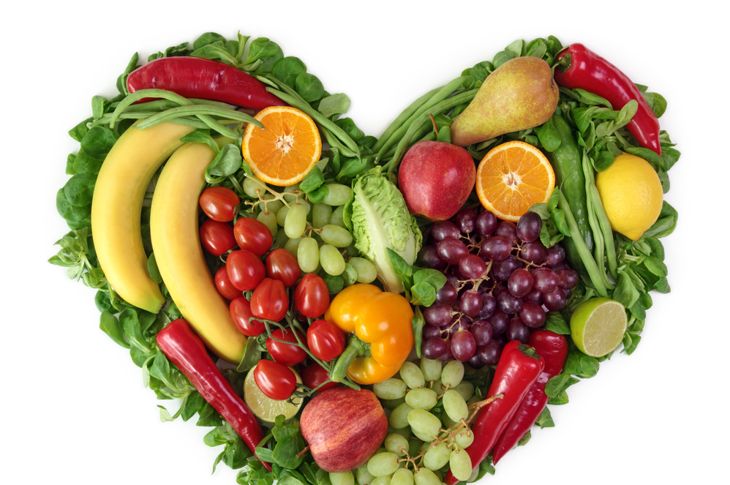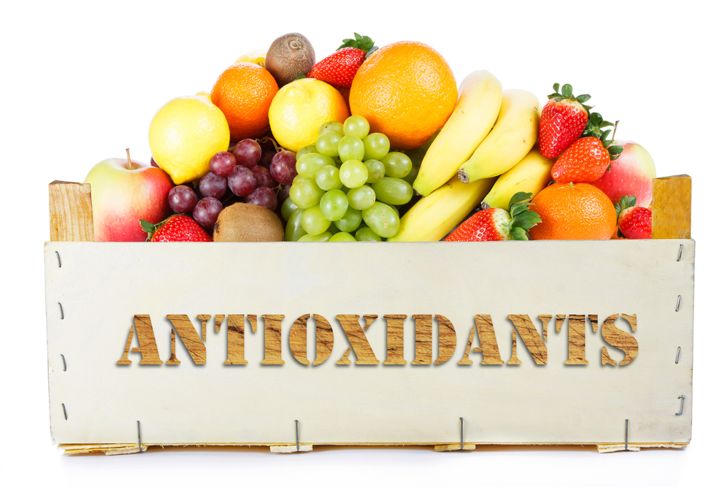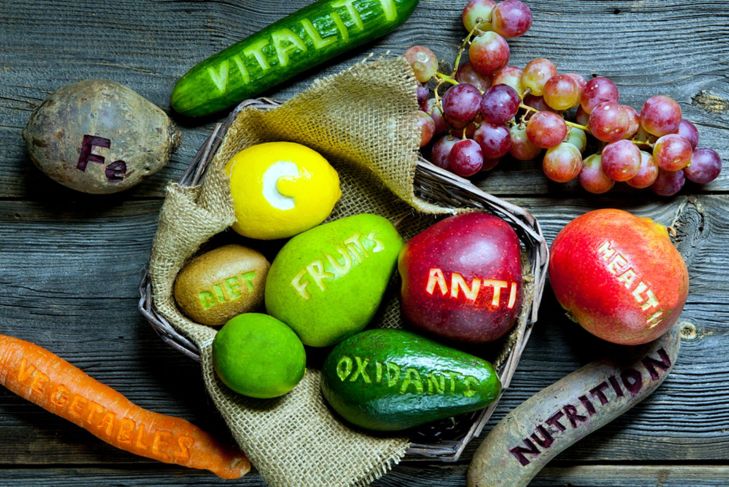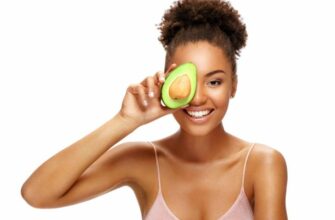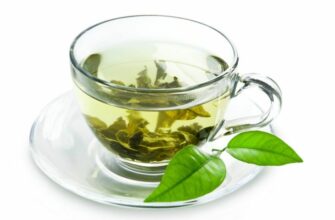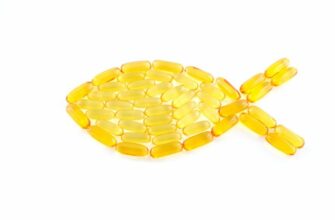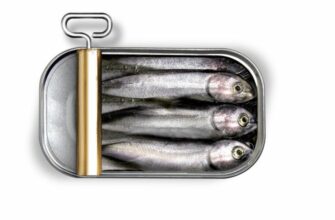A vegan diet is one that excludes any animal products. Vegans do not eat meat, poultry, fish or seafood, eggs, dairy products, or bee products (honey, bee pollen, etc.). Vegan diets consist mostly of fruits, vegetables, soy, nuts, seeds, and grains. Today, there are many substitutes available for all the animal products that even non-vegans enjoy. There is agave nectar to replace honey, nut milk to replace cow’s milk, as well as many other products to replace cheese and meat. Going vegan may not be easy, but those who do can enjoy many benefits.
Lower cholesterol
The Centers for Disease Control and Prevention (CDC)reports that nearly 1 in 3 American adults has high cholesterol. When a person has too much ‘bad’ LDL cholesterol in his blood, it attaches to the inside of blood vessels and builds up to create plaque. This is a major risk factor for heart disease and stroke.
Countless studies indicate that a vegan diet directly results in lower blood lipid levels—or lower cholesterol levels. The best way to lower your cholesterol is to avoid foods that contain the ‘bad’ kinds of fat— saturated fat and trans-fat. Foods that contain these kinds of fats include butter, meat, and full-fat dairy products— all things which vegans avoid.
Lower blood pressure
High blood pressure— or hypertension— is when the force of the blood flowing through your blood vessels is chronically high. According to the American Heart Association, nearly half of American adults have high blood pressure, and many are not aware.
Left uncontrolled, high blood pressure can lead to heart attack, stroke, heart failure, kidney disease, vision loss, sexual dysfunction, angina, or peripheral artery disease (PAD).
In one study, 29 patients with chronic hypertension were taken off their blood pressure medication and instead ate a vegan diet. All patients showed significant improvement in overall health and blood pressure levels.
A 2002 study conducted on 11,004 people aged 20-78 showed a significantly lower prevalence of hypertension and lower systolic and diastolic blood pressure overall among vegans, than in the meat-eating groups.
Cardiovascular health
Vegans tend to have lower cholesterol and blood pressure levels than people who eat meat regularly. This has a major impact on cardiovascular health and significantly lowers the risk of cardiovascular disease, stroke, or heart attack.
Since the circulatory system is responsible for supplying oxygen to all of the organs and limbs, a healthy circulatory system means a healthy body overall.
Gut health
Vegan diets are rich in fibrous foods which keep the digestive system running smoothly. These foods are also rich in other essential nutrients which are absorbed into the bloodstream through the intestines—the center of the immune system, and the body’s “second brain.”
A diet rich in animal products may result in slow digestion and often leads to constipation. Vegans enjoy smooth digestion which allows greater bioavailability of nutrients from the foods they eat.
Vegans consume more plant-based foods, which contain prebiotics— the stuff that probiotics, or good gut bacteria, need to flourish. According to a study published in the Nutrients Journal, vegans have a unique gut profile; they display an abundance of pathobionts and benefit from lower inflammation and greater protective health effects.
Rich in antioxidants
The vegan diet contains more fruits, vegetables, legumes, nuts, and seeds than the diet of a non-vegan. All of these plant foods contain antioxidants—compounds that inhibit oxidation and protect the body from aging, chronic inflammation, disease, and cancer.
Rich in essential nutrients
Studies show that vegan diets are richer in fiber, antioxidants, and phytochemicals— or beneficial plant compounds. Vegans will also consume more potassium, magnesium, folate, and vitamins A, C, and E on average, than non-vegans.
While there are certain nutrients a vegan diet is rich in, vegans need to make sure there are getting enough other nutrients which are mainly found in animal products, including certain fatty acids, vitamin B12, iron, iodine, and zinc.
Lower inflammation
A diet rich in antioxidants is already a good start to lowering inflammation in the body. A diet that both steers clear of inflammatory foods and provides ample antioxidants is a sure way to lower your risk of chronic inflammation and inflammatory diseases. This includes allergies, asthma, arthritis, Crohn’s disease, irritable bowel syndrome (IBS), Parkinson’s, and many others.
Many people are living with chronic inflammation, and they don’t even know it. These people may be suffering from digestive problems, high blood glucose levels, fatigue, skin problems, and other general symptoms.
An anti-inflammatory diet includes foods that are high in fiber, many servings of fruits and vegetables, little to no saturated fats, and healthy omega-3 fatty acids.
Inflammatory foods to avoid: dairy, sugar, refined flour, artificial sweeteners, artificial additives, vegetable oil, and saturated fats.
Lower risk of cancer
Since vegan diets are rich in plant-based foods—and therefore in antioxidants—vegans can enjoy the benefit of having a lower risk of developing cancer.
Studies show that a diet rich in legumes, fruits, and vegetables is beneficial for overall health and that those who consume more of these things have a lower risk of developing cancer.
Environmentally friendly
According to the Worldwatch Institute, the rate at which the world currently consumes animal meat and other animal products is not sustainable.
Currently, 51 percent or more of annual worldwide greenhouse gas emissions are caused by animal agriculture. And the numbers continue to climb. Thousands of tons of grain and water are used to feed livestock each year. And raising animals requires a lot of workforce and transport.
The food industry lends to the invasion of pollutants into our air and water. This impacts our health day in and day out.
By not eating animal products, and eating locally grown produce, vegans are helping to reduce the environmental toll caused by the food industry.
Avoid consuming harmful hormones and antibiotics
You are likely consuming hormones and antibiotics that were injected into the cattle and poultry during their lives. Unless you only buy grass-fed beef and free-range chickens. Hormones make animals grow faster and bigger so that they can provide more meat and produce more milk.
You can bet that these things have an impact on your health too. Animals are given the same antibiotics that humans are given. This is dangerous because your body may build up resistance to antibiotics through the meat you consume.
Children today are hitting puberty earlier than ever before as a result of the hormones they consume through dairy products and meat.
Vegans avoid this problem completely and do not consume any unnecessary antibiotics or hormones which can cause health issues down the line.
There are many great things about living a vegan lifestyle. If you do choose to go vegan, talk to your doctor about supplementing to avoid deficiencies in nutrients such as iron, calcium, vitamin B12, and others.

 Home
Home Health
Health Diet & Nutrition
Diet & Nutrition Living Well
Living Well More
More

